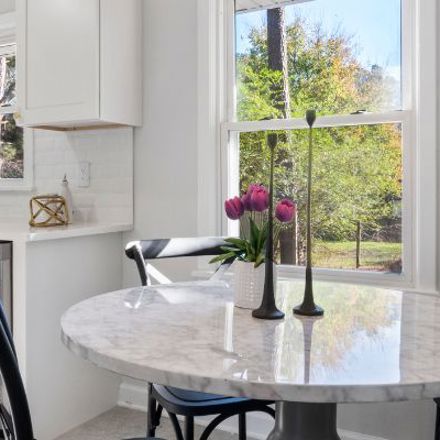What is a Granny Flat?
A granny flat is a self-contained secondary dwelling, commonly referred to as a minor dwelling, located on the same property as a main house. To be legal, it must be approved by the council and meet building codes. It can be a separate unit, an extension of the existing home, or a converted structure such as a garage.
A granny flat typically includes a bedroom, bathroom, kitchen, and living space, providing independent accommodation for family members, guests, or tenants. To be considered legal, it must comply with size restrictions and building codes, with Resource Consent (if required) and a Code Compliance Certificate (CCC). As discussed below, The RTA applies to both lawful and unlawful dwellings.
What Happened in this Tenancy Tribunal Case?
A recent Tenancy Tribunal case highlights a common misunderstanding many landlords have over whether granny flats fall under the Residential Tenancies Act. In this case, the landlord admitted to not understanding her legal responsibilities and was ordered to pay $1,320 after giving her tenant only two days' notice to vacate a granny flat. A granny flat is a self-contained living unit, typically smaller than the main residence on a property.
In the recent case, the landlord had rented a granny flat on the ground floor of her home to a tenant. A locked door connected the two premises. The landlord ended the tenancy with just two days' notice in May 2024, alleging her tenant poisoned her dogs with chocolate. The tenant claimed the landlord terminated the lease without grounds, while the landlord filed for compensation for carpet damage, loss of rent, and doctor's fees.
The Tribunal found that the landlord had breached the RTA by unlawfully issuing a termination notice with insufficient notice. The Tribunal dismissed the landlord's claim for loss of rent and medical expenses due to insufficient evidence. The landlord was ordered to pay damages.
What are the Consequences of Landlords Ignoring Legal Responsibilities for Granny Flats?
Landlords have legal responsibilities when it comes to renting out granny flats, just as they do for other rental properties. If a landlord fails to uphold their responsibilities the tenant can file a complaint with the Tenancy Tribunal. The landlord may be ordered to pay compensation (as in this case), fix the issues, or face other legal consequences.
Is Misunderstanding of Tenancy Laws Widespread?
This case is one of a sizeable number, where landlords renting out part of their property do not understand these tenancies fall under the Residential Tenancies Act. Another similar case resulted in the landlords being ordered to pay over $3000 to their tenant, including a 17.5 percent rent refund, due to violations of tenancy regulations.
In this second case, the adjudicator noted the landlords had never formally rented out the downstairs area before and had given no thought to residential tenancy laws. Compensation was ordered for breaches including unlawful termination with insufficient notice and breaches of the Healthy Homes rules.
When Does a Tenancy Fall Under The RTA?
In New Zealand, a tenancy falls under the RTA when the rented premises are used as a residence, including houses, apartments, sleepouts, converted garages, or any other residential structures, regardless of whether they are legally established. The RTA applies to both lawful and unlawful dwellings.
Can You Contract Out of the RTA?
Landlords cannot contract out of the RTA. Any agreement between a landlord and a tenant that contradicts the RTA will be deemed invalid.
In 2019, the law was extended to allow the Tenancy Tribunal to rule on any premises used as a residence, even if those premises were considered unlawful dwellings.
The law covers granny flats, sleepouts, converted garages, and other additional dwellings on land that does not have a separate title.
Read about another landmark case: Can landlords opt out?
What Should Landlords Know About the Residential Tenancies Act?
This Residential Tenancies Act 1986 (RTA) regulates the relationships between landlords and tenants, establishing a framework for effective rental agreements. Additionally, it empowers both parties to express valid concerns and establishes explicit expectations for each party.
Read our Frequently Asked Questions about the RTA.




